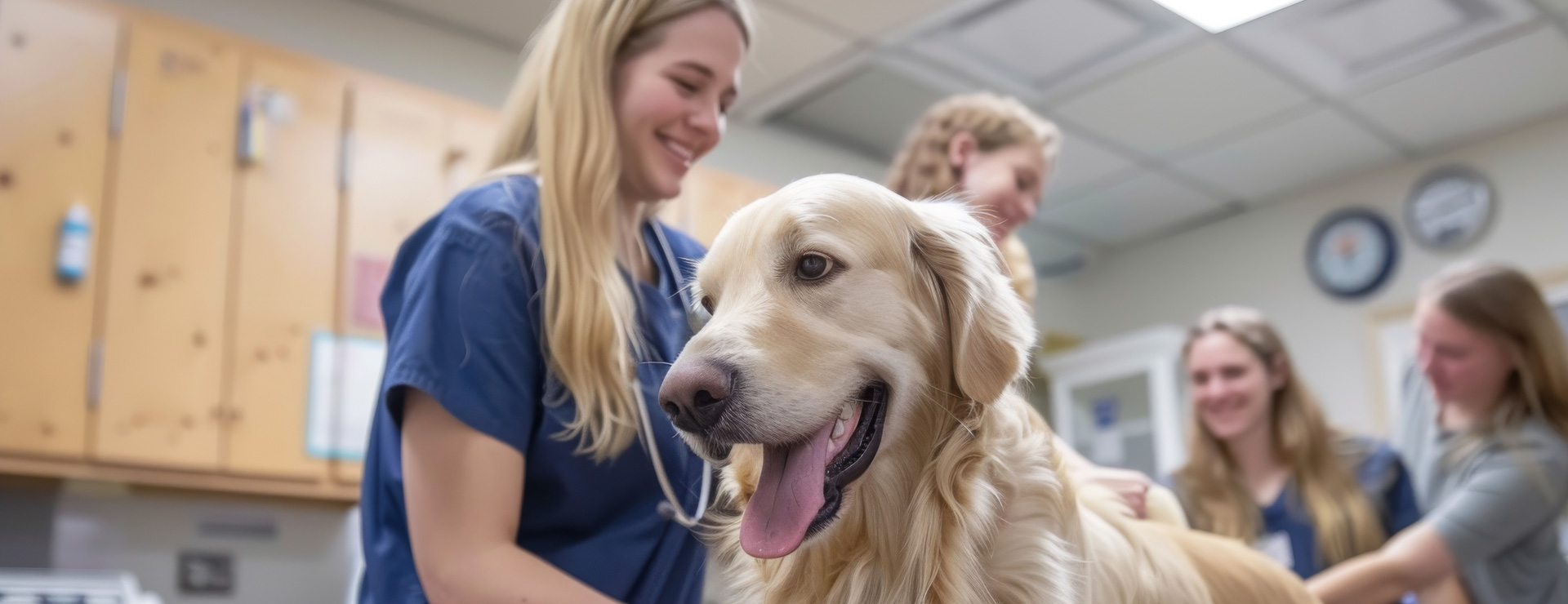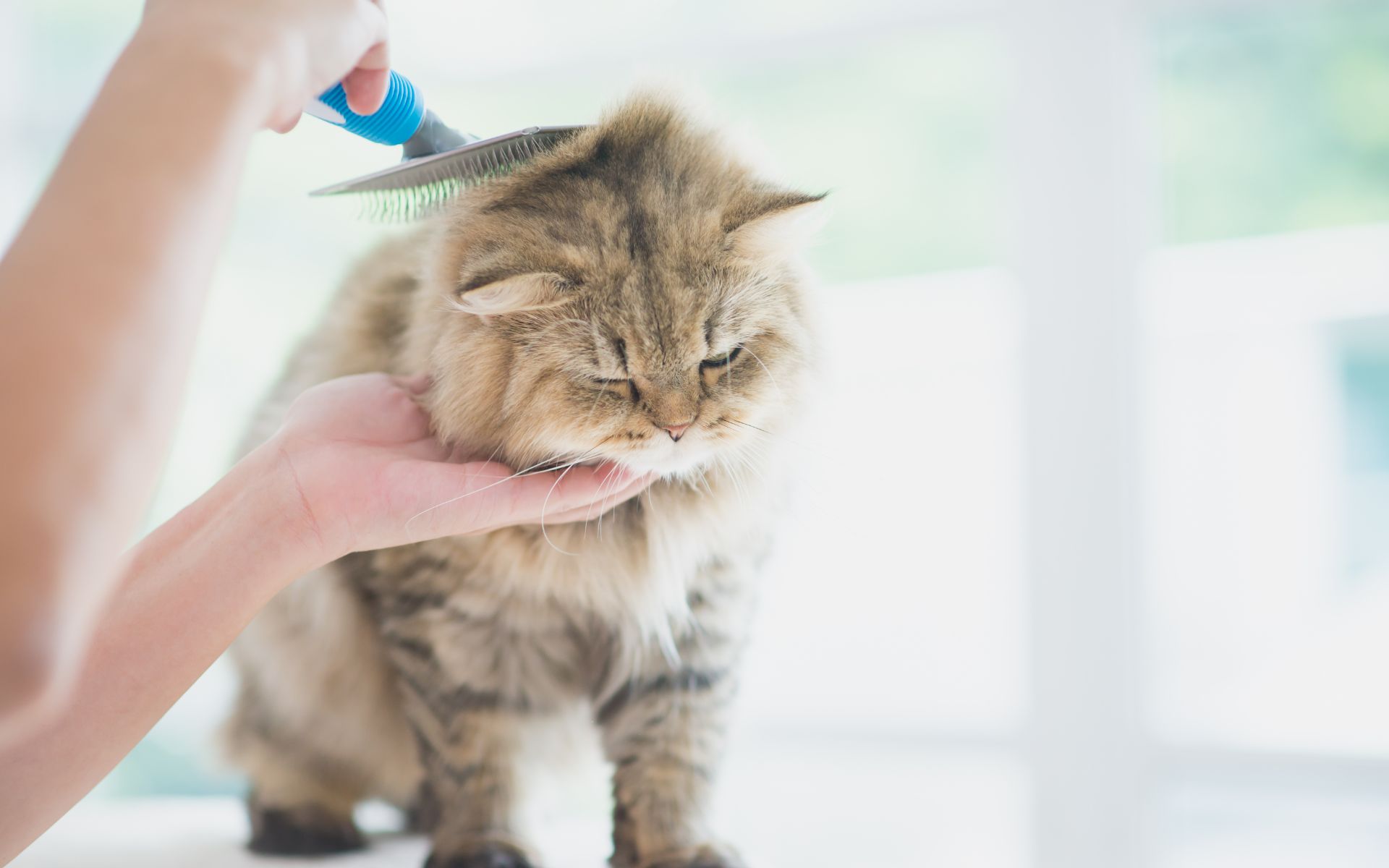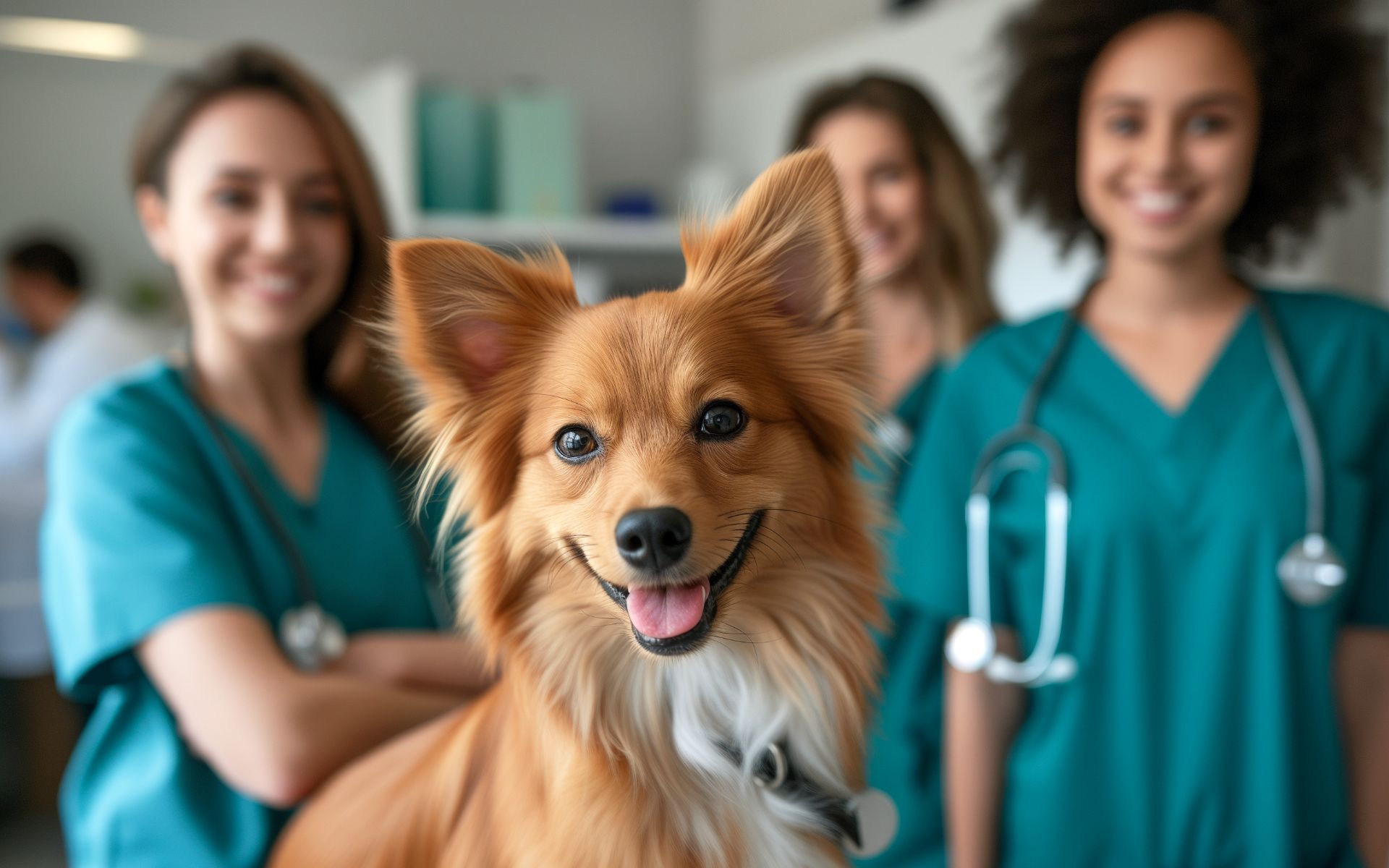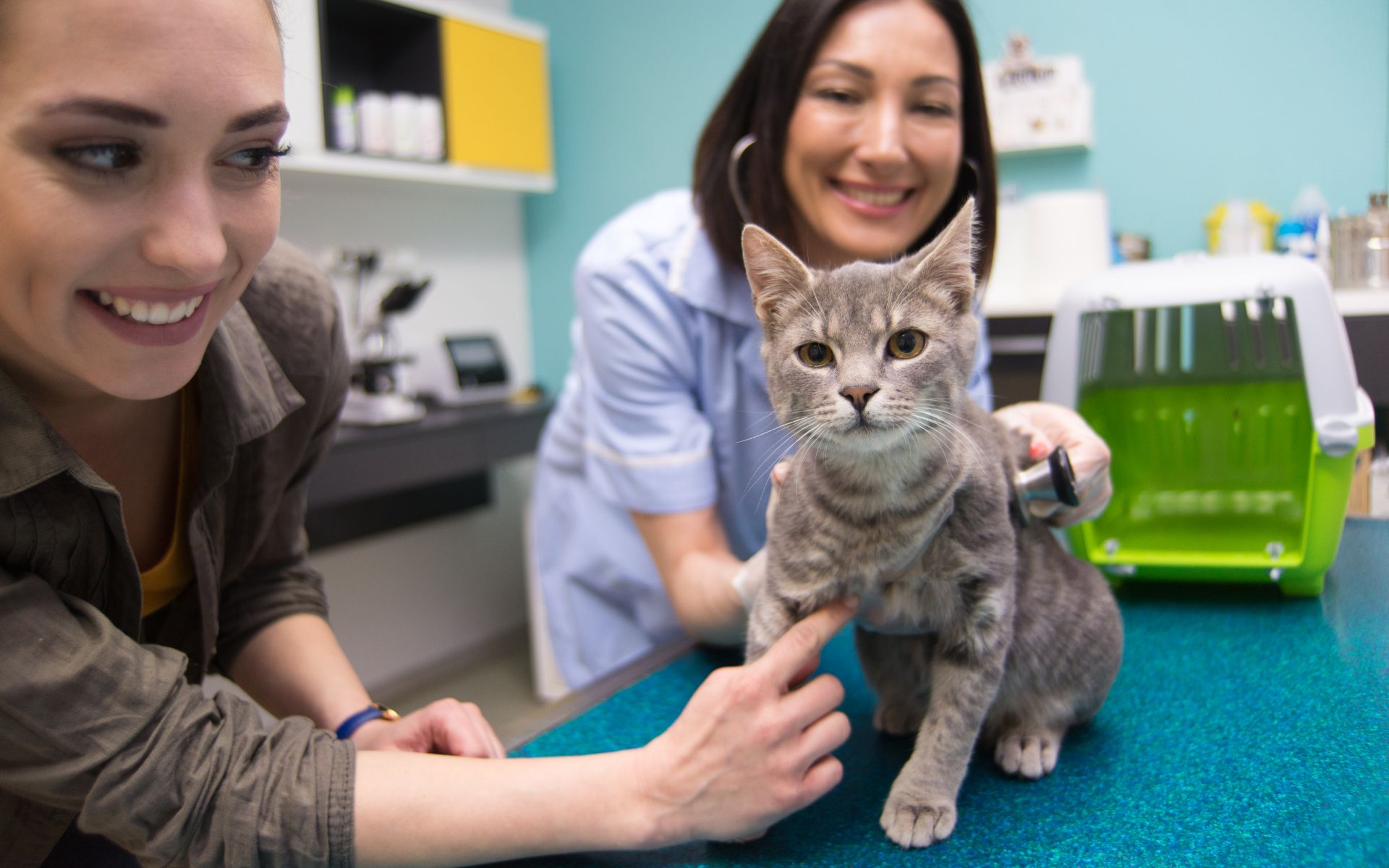
Adopting a kitten is an exciting and rewarding experience. Congratulations! While it’s a big responsibility, providing the right care and training in their early months will help them grow into healthy, well-adjusted adults. However, settling into a new home can be a stressful experience for both kittens and their owners. Here are some tips to ensure you start off on the right paw and offer the best care to your new feline friend.
Best Age for Adoption
Kittens should stay with their mother and littermates until they are at least eight weeks old. At this stage, they need their mother’s milk and the warmth of their littermates for temperature regulation. If they are without their mother, a warm water bottle under a blanket may help, but consult your veterinarian for guidance if you're caring for a newborn kitten without a mother.
Bringing Your Kitten Home
Once your kitten is over eight weeks old and has been cleared by a vet, they’re ready to come home. Before bringing them in, ensure your home is kitten-proofed by blocking off dangerous areas and ensuring windows and doors are secure. Provide toys, such as balls, crumpled paper, and paper bags, along with a scratching post. A break-away collar with an ID tag, including your contact details, is also recommended.
A more reliable identification method is microchipping. This small chip, about the size of a grain of rice, is inserted between the kitten’s shoulder blades. When scanned, it links to a database with your contact information. Microchipping is a permanent form of identification and can help reunite you with your kitten if they get lost.
Supervising your new kitten
In the early days, keep a close eye on your kitten. They’re naturally curious and may get into mischief or accidentally harm themselves. Start by confining them to one room to help them adjust gradually to their new environment.
Kittens younger than four months should not be left alone for more than a couple of hours. After four months, they may handle up to five hours alone, but close supervision is still recommended.
Feeding and Hydration
Feed your kitten an energy-dense, highly-digestible diet suitable for their age. Ask your vet for recommendations, as the diet should include both dry kibble and wet food. Always ensure fresh water is available, and remember, cats often prefer drinking away from their food bowl.
Do not give your kitten milk, as it can cause digestive issues.
Litter Box Training
Kittens typically use a litter box by instinct, but you can encourage the habit by placing them in the box after meals or playtime. Ensure the litter box is cleaned frequently, as cats are very clean animals and may avoid a dirty box.
Socializing your kitten
Start socializing your kitten early by gently exposing them to different experiences, such as grooming, loud noises, and car rides. Introduce them to new people and animals gradually to avoid overwhelming them. Make sure children understand how to interact gently with the kitten and respect their space.
Before introducing the kitten to other pets, ensure all pets in the household are up-to-date on their vaccinations.
Spaying and Neutering
Your kitten will reach sexual maturity between four and six months. To avoid behavioral issues like territorial spraying and prevent unwanted pregnancies, speak with your vet about spaying or neutering before they reach this stage.
Prioritize Preventive Care
To ensure a long, healthy life for your kitten, schedule their first vet appointment within a week of adoption. We offer complete kitten care packages to make sure they receive the necessary vaccines, including feline leukemia, rabies, and distemper. Our veterinary team can also assist with flea, worm, and ear mite prevention.
We are here to help keep your kitten healthy and happy.


The Latest
Indoor cats enjoy longer, healthier lives. Discover tips for keeping your cat safe, happy, and mentally engaged inside all year round.
Regular grooming is essential for your pet’s health, preventing mats, promoting a shiny coat, and removing debris. Trust professionals to ensure effective grooming.
Ensure a safe Halloween for your pets by keeping them away from chocolate, candy, and decorations that could be harmful or toxic to them.



